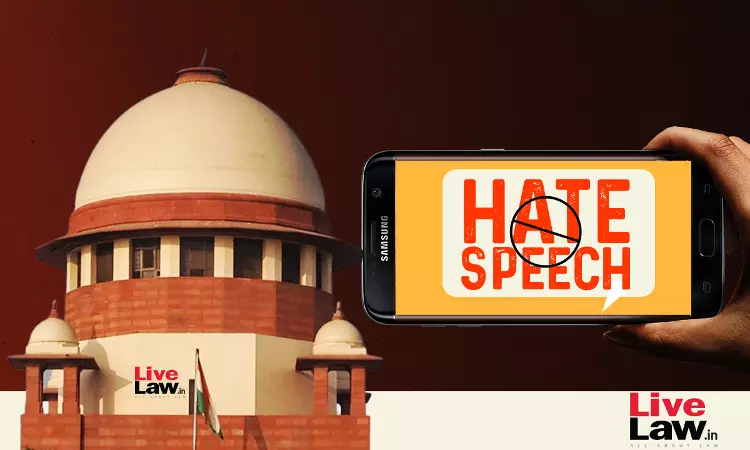'Police Sensitisation Required': Supreme Court Calls For Enduring Solution To Hate Speeches
Awstika Das
4 Aug 2023 5:32 PM IST

Next Story
4 Aug 2023 5:32 PM IST
The Supreme Court on Friday issued a call to action to stakeholders to find an enduring solution to the problem of hate speech. Highlighting that the difficulty lay in implementing and executing the law on hate speech, Justice Sanjiv Khanna suggested appropriately sensitising the police forces to ensure that victims of hate speech could access meaningful remedies without having to come to...
